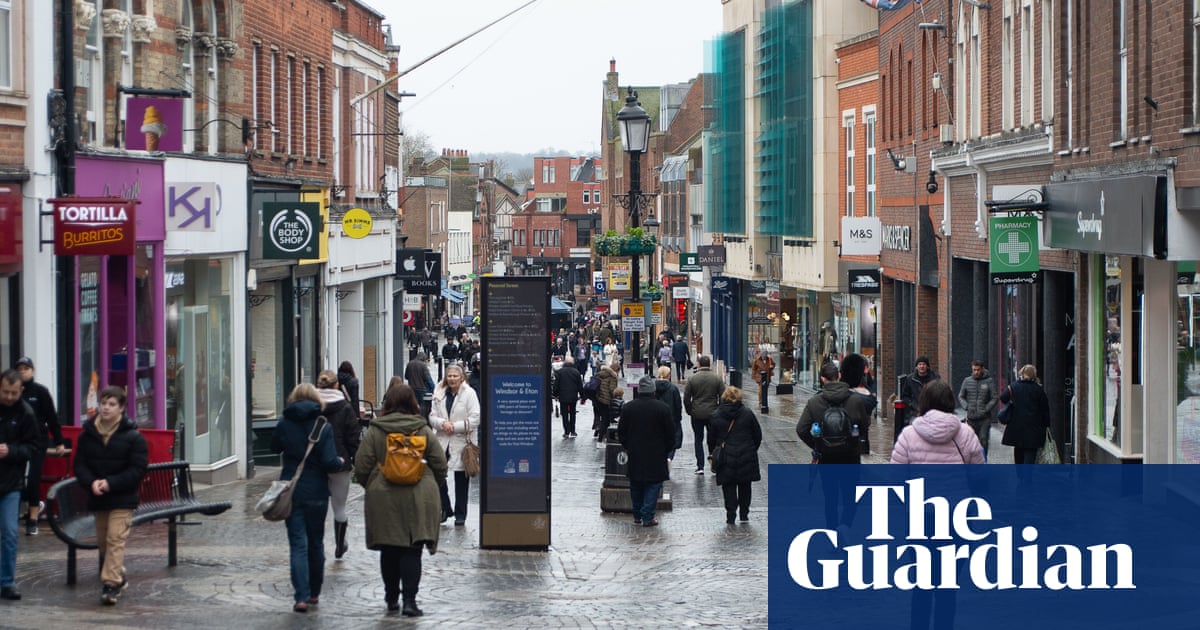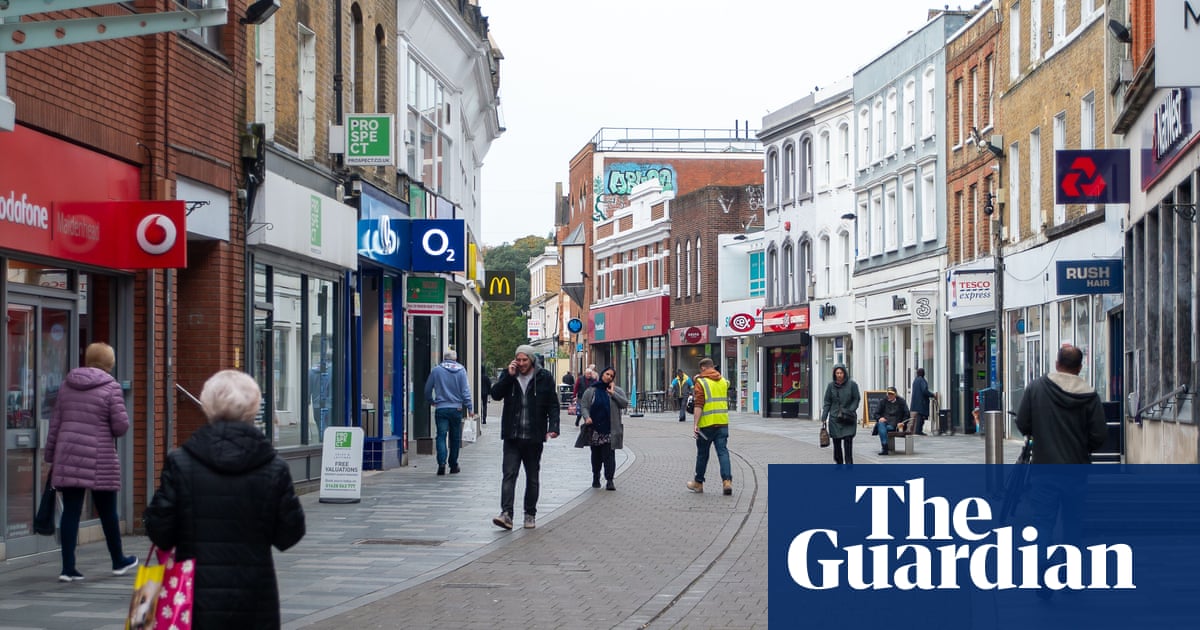
Marks & Spencer said its clothing sales dropped by a quarter over the key Christmas trading period as the retailer was hit hard by store closures on the back of the Covid-19 lockdown.
The outlook for trading “remains very challenging” because the latest lockdown could last until Easter, the retailer said.
Sales of clothing and homeware slumped by 24.1% in the 13 weeks to 26 December. The figure reflected a near-halving of store sales, which was partially offset by a similar-sized surge in online sales. The restrictions on socialising over Christmas meant that the big sellers were pyjamas and jogging bottoms rather than party outfits.
Marks & Spencer’s food halls fared better, with sales at stores open one year up 2.6%. That figure rose to almost 6% when the impact of the closure of its large network of in-store cafes was stripped out. On the same basis, sales were up 8.7% in the four weeks before Christmas when the impact of closures was removed.
Steve Rowe, M&S’s chief executive, said the company’s performance was “robust”, given the “on-off restrictions” and big changes in what shoppers were buying. He added that “beneath the Covid clouds” was a very strong performance from its food halls and improving trends in its clothing arm, which was struggling before the crisis.
The retailer said its international business had also been hit hard by pandemic restrictions, with sales down 10.4%. It also warned that the business was suffering because of Brexit. It faced potential tariffs on some of the products it exports to the EU as well as a very complex administrative process that would “significantly impact” its operations in Ireland, the Czech Republic and France.
M&S slumped to a pre-tax loss of £87.6m in the first six months of its financial year after its clothing sales were affected by pandemic-related store closures. The chain is an essential retailer but its food halls have not experienced the same sales uplifts as the major supermarkets because many are convenience stores in currently empty city centres and train stations.












